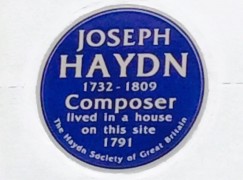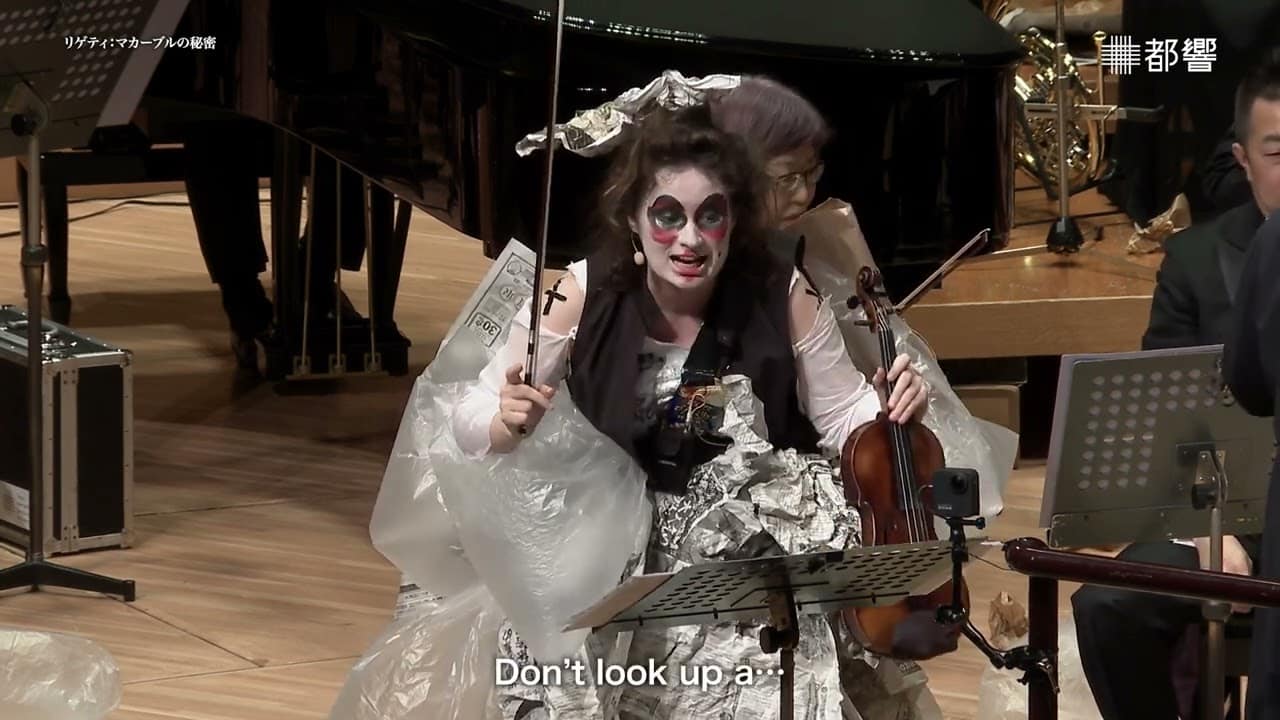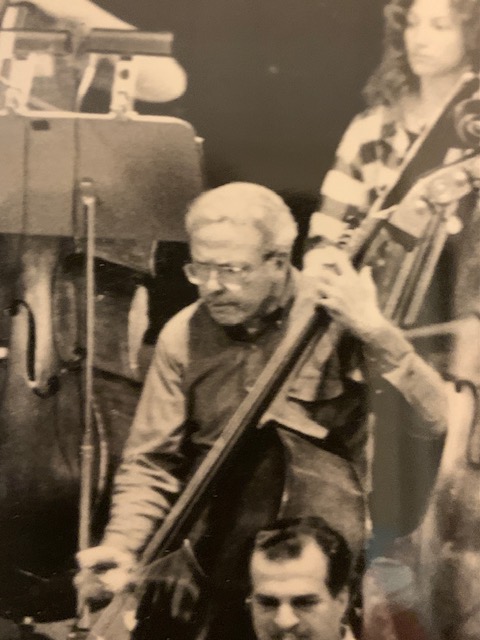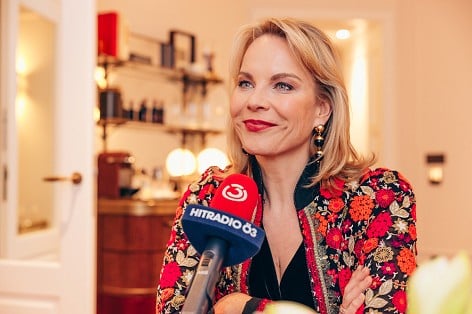Can Haydn recover from the frigid love of Boulez?
mainFrom the new Lebrecht Album of the Week:
When Pierre Boulez became music director of the New York Philharmonic in the 1970s, he refused to conduct Mozart, inserting Haydn instead. It did no good for Haydn. The Mozart lovers deserted in droves, while the cerebral types that Boulez hoped to attract were dismayed to find just as much frivolity in Papa Haydn as in the ‘trivial’ Amadeus. Haydn’s reputation has taken years to recover.
The instant appeal of this recording is that…
Read on here.

And here.





Comments